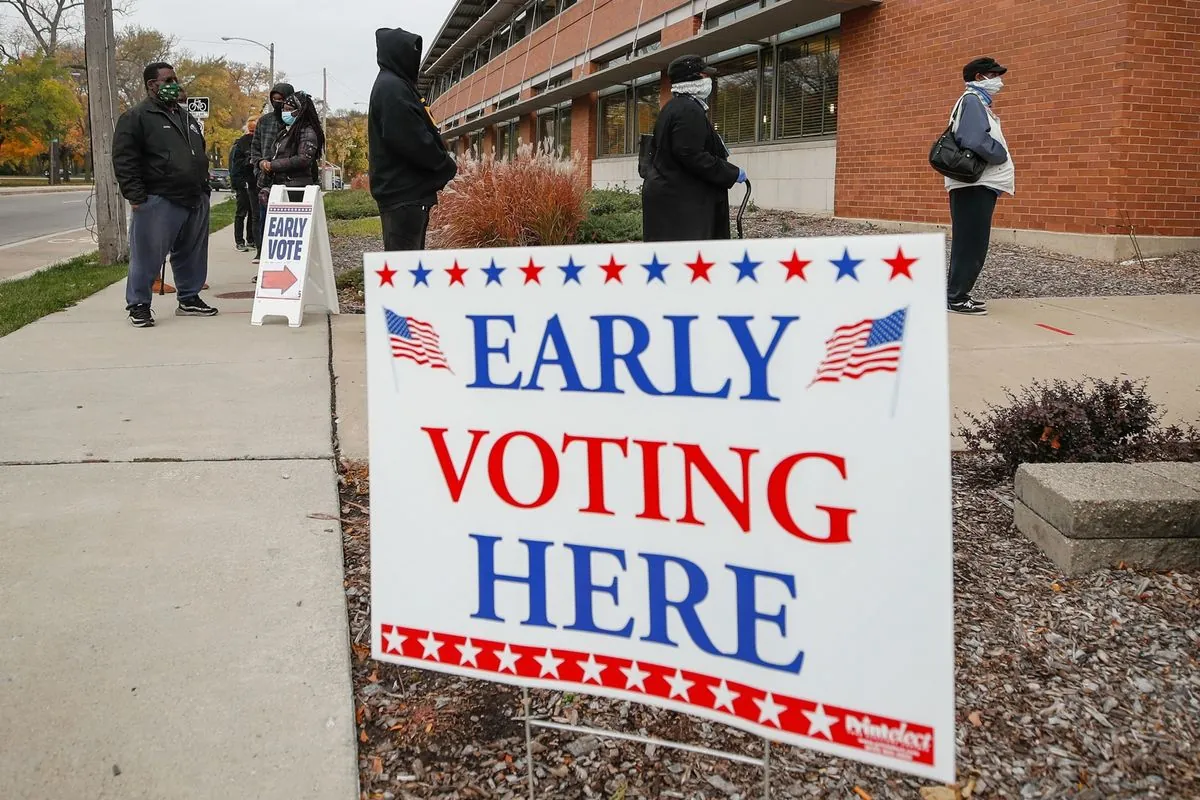The 2024 U.S. presidential election enters a crucial phase as early in-person voting commences on September 20, 2024, in Virginia, South Dakota, and Minnesota. This marks the beginning of the final stretch in the race between incumbent Vice President Kamala Harris and former President Donald Trump.
Election officials across the nation are implementing enhanced security measures to safeguard poll workers and voting locations. These precautions come in response to incidents of harassment and threats following the 2020 election. Federal authorities are currently investigating suspicious packages sent to election offices in over 15 states, including Virginia.
The landscape of voting methods continues to evolve. While Trump previously encouraged Election Day voting, both he and the Republican National Committee are now embracing early and mail-in voting strategies. This shift aligns with the Democratic approach of securing votes before November 5.
"If I could wave a magic wand in this room right now, I would wish for two things: Between now and November 5th, I want to see high turnout and low drama."
Several states anticipate substantial voter participation due to the presidential contest and significant ballot measures. In South Dakota, Minnehaha County is preparing for an 80% overall turnout, with initiatives on abortion rights and marijuana legalization driving interest.
The U.S. Postal Service's ongoing challenges have raised concerns about mail-in voting. Some voters may opt for early in-person balloting to ensure their votes are counted. Election officials urge citizens to familiarize themselves with state-specific rules and plan their voting strategy in advance.
It's worth noting that the U.S. presidential election system has evolved significantly since its inception. The Electoral College, established by the Constitution, determines the winner rather than the popular vote. Voter turnout has averaged around 60% of eligible voters in recent decades, with the 2020 election seeing a notable increase to 66.8%.
As the election approaches, it's crucial for voters to understand their rights and options. The Voting Rights Act of 1965 prohibits racial discrimination in voting practices, while the Help America Vote Act of 2002 established minimum election administration standards across states. Voter ID requirements and registration deadlines vary by state, with some allowing same-day registration.
The coming weeks will be critical as more states begin their early voting periods. Election officials nationwide are working to ensure a smooth, secure, and accessible voting process for all eligible citizens.
